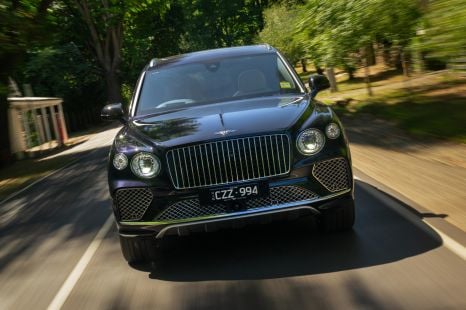

Josh Nevett
2025 Bentley Bentayga review
5 Days Ago

Journalist
The Cadillac Escalade IQ is latest, and probably most significant step, into the brand’s desire to be the standard of the all-electric automotive world, and another step into the rarified air currently occupied by the likes of Rolls-Royce and Bentley.
Mixing new and old styling elements, the Escalade IQ attempts to move Cadillac’s best-selling nameplate into the electric vehicle (EV) era.
Much of the front end is largely blacked out, with the illuminated false grille smaller and much less gaudy than all Escalades to date.
The vertical headlight stack is more closely related to the third and fourth generation models than the Escalade currently in showrooms.

It’s at the rear, though, where the Escalade IQ makes its biggest departure from the nameplate’s history with a raked forward tailgate, chunky D-pillar, and split tail-light arrangement, the lower portion of which is a nod to Cadillac’s tailfins of the 1950s.
The IQ measures 5697mm long, 2167mm wide, 1934mm wide, and riding on a 3460mm wheelbase.
Compared to the petrol-powered Escalade range, the IQ is 69mm shy of the long wheelbase ESV’s overall length, but 315mm longer than the standard model. The IQ is also 110mm wider, but roughly the same height as its ICE siblings.
Combined with a flatter floor, and a wheelbase that’s 54mm longer than the ESV, the IQ is claimed to be the most spacious Escalade ever.
There are three rows of seats, with the Executive Second-Row Seating package pairing massaging captain’s chairs with a pair of 12.6-inch touchscreens, stowable tray tables, a shared centre command screen, headrest speakers, USB-C and HDMI ports, and wireless smartphone charging pads.
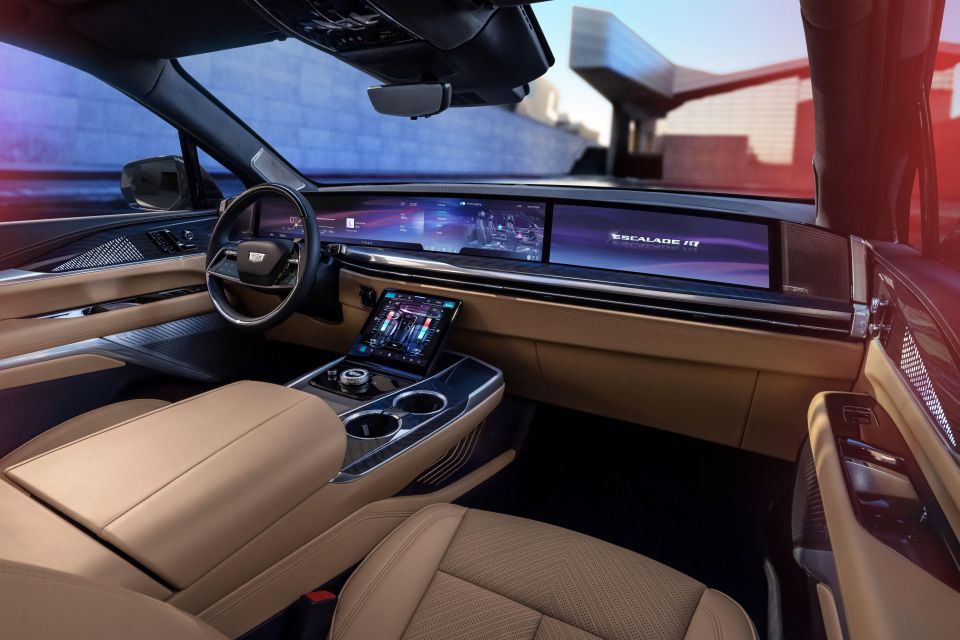
The dashboard is dominated by a pillar-to-pillar rectangular screen space that measures 55 inches (1.4m) diagonally.
The expansive infotainment system is powered by Qualcomm Snapdragon processors, and runs on the Android Automotive operating system with built-in Google Maps, App Store, and voice recognition Assistant, but no support for either Android Auto and Apple CarPlay smartphone mirroring.
Also available for the cabin is laser-etched wood trim, a customisable ambient lighting system with 126 colour choices, and a tinted glass roof above the front and second rows.
AKG sound systems are standard throughout the range, starting with a 19-speaker setup in entry-level Luxury 1 and Sport 1 trims, moving up to 36-speaker setup in mid-range models, and a 40-speaker system in fully tricked out variants.

Only one drivetrain was detailed at today’s launch of the Escalade: a dual-motor all-wheel drive setup, which is rated at 505kW/834Nm in normal driving, and capable of delivering 560kW/1064Nm in “velocity mode”.
Cadillac estimates the Escalade IQ is capable of completing the 0-60mph (0-97km/h) standard in “less than 5 seconds”. The existing Escalade V, with its 498kW/880Nm supercharged 6.2-litre V8, requires 4.4 seconds to hit 60mph.
To give the Escalade IQ an estimated range of over 724km (450 miles), the electric behemoth is fitted with a battery pack boasting “more than 200kWh of available energy”.
The 24-module Ultium battery pack supports 800V DC charging, which it’s said can give 160km of range in just 10 minutes of charging. The car also supports 7.7kW and 19.2kW 240V AC charging.
Despite GM’s recent agreement to shift its EVs in the US over to the NACS charger promoted by Tesla, the Escalade IQ will initially be produced with a CCS charging port and include a NACS adapter.

All Escalade IQ models ride on independent front and rear suspension and have four-wheel steering. The latter enables a turning circle of 12m and an “Arrival Mode” that allows the SUV to move diagonally into tight spaces, probably similar to the Hummer EV’s “crab walk” feature.
Top-spec variants have Magnetic Ride Control 4.0, 24-inch wheels paired with 275/50 tyres, and an adaptive air suspension setup that can lower the car by 50mm or raise it by 25mm as necessary.
The Escalade IQ has 175mm of ground clearance in standard mode, and can tow a trailer weighing up to 3628kg (8000 pounds). Boot space behind the third row is said to be 670L, which can be increased to 1958L with the third row folded or 3374L with the second and third rows down.
A 345L “front trunk”, or “eTrunk” in Cadillac in terminology, lives under the bonnet.
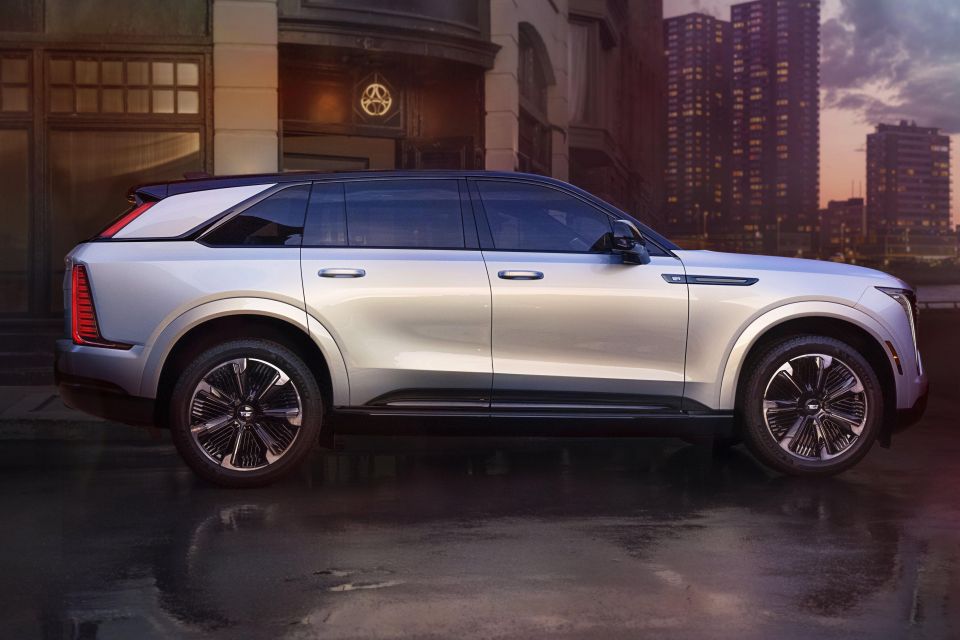
Standard safety features include blind zone steering assistance, intersection autonomous emergency braking, a high-definition 360-degree camera system, autonomous front pedestrian and cyclist braking, and enhanced parking assist that can both automatically enter and exit parking spots.
SuperCruise, which permits the car the drive itself in hands-free, eyes-on-the-road mode across around 650,000km of highways across North America, is available.
We believe the Escalade IQ rides on the BT1 body-on-frame EV architecture already employed by the GMC Hummer EV SUV and pickup truck. The Hummer and the Caddy will be produced at the Detroit-Hamtramck plant, which has been rechristened Factory Zero.
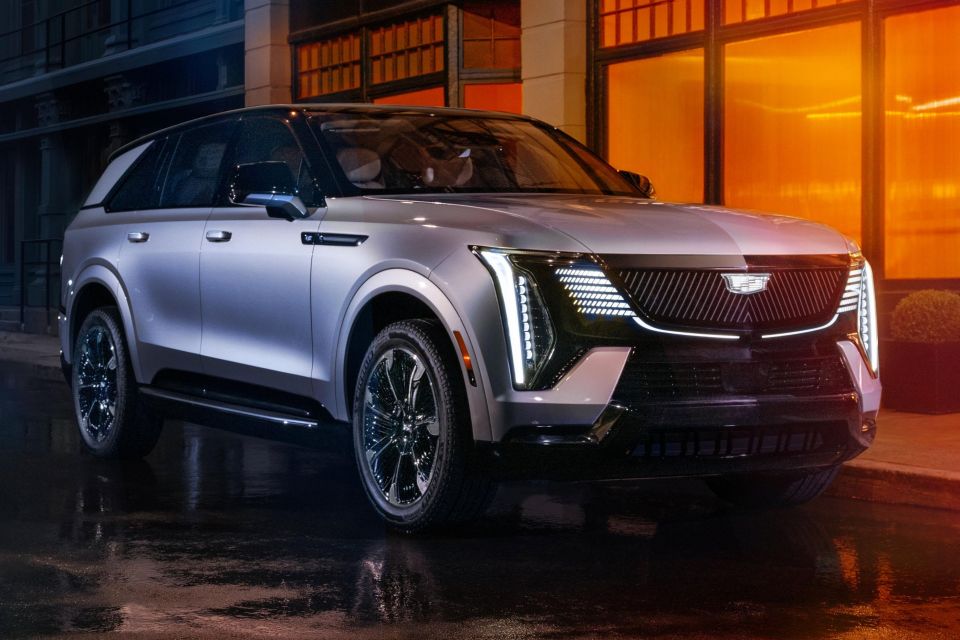
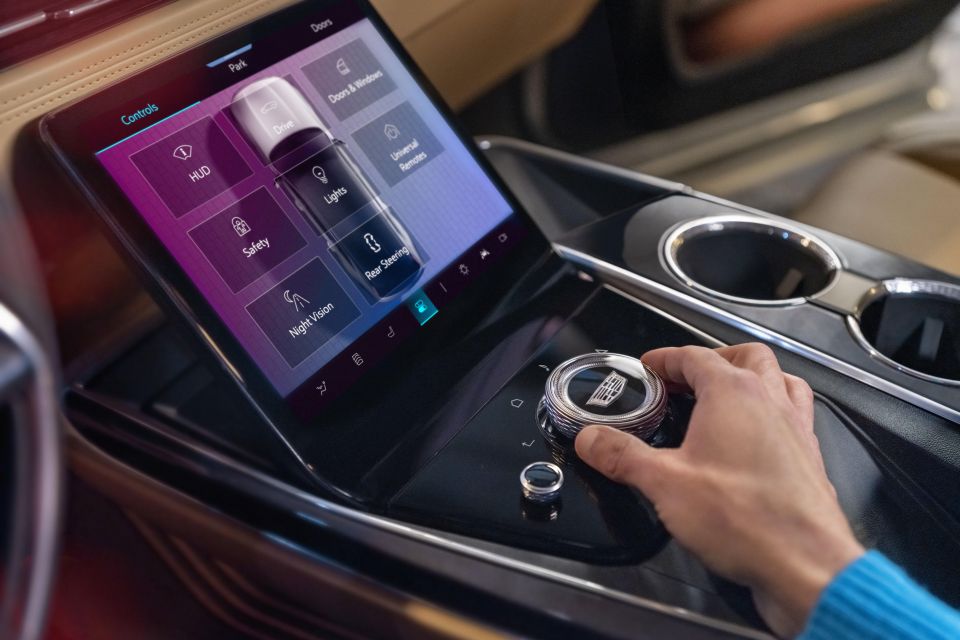
GM has yet to detail how much the Escalade IQ weighs. We expect it will be over 4200kg, given the GMC Hummer pickup has a similar battery pack and overall size.
Cadillac wants to be an EV-only brand by 2030, but it will continue to sell the existing Escalade alongside the upcoming Escalade IQ.
Priced from US$130,000 ($198,000), the Escalade IQ is pricier than every model in the ICE Escalade range except for the range-topping Escalade V.
Production of the Escalade IQ isn’t scheduled to begin until the middle of 2024.
General Motors recently trademarked the Escalade IQ name in Australia, along with Cadillac’s smaller Optiq and Lyriq electric SUVs. It hasn’t confirmed, however, whether this presages a local introduction for the brand.
Where expert car reviews meet expert car buying – CarExpert gives you trusted advice, personalised service and real savings on your next new car.
Derek Fung would love to tell you about his multiple degrees, but he's too busy writing up some news right now. In his spare time Derek loves chasing automotive rabbits down the hole. Based in New York, New York, Derek loves to travel and is very much a window not an aisle person.


Josh Nevett
5 Days Ago
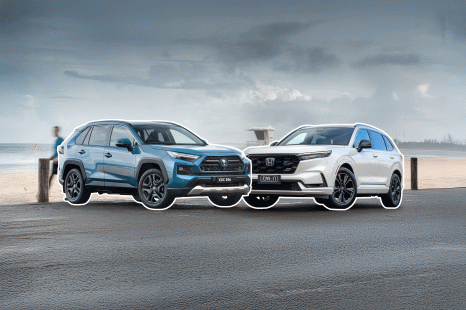

Andrew Maclean
4 Days Ago
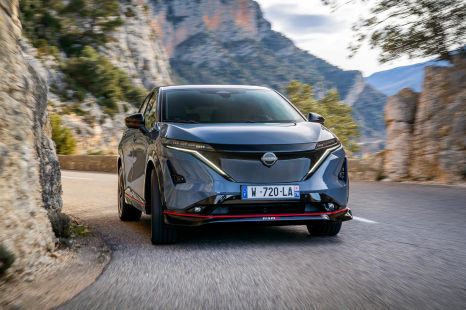

Shane O'Donoghue
4 Days Ago
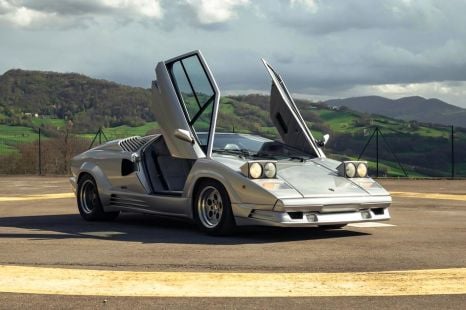

Anthony Crawford
3 Days Ago


Matt Campbell
2 Days Ago


James Wong
21 Hours Ago